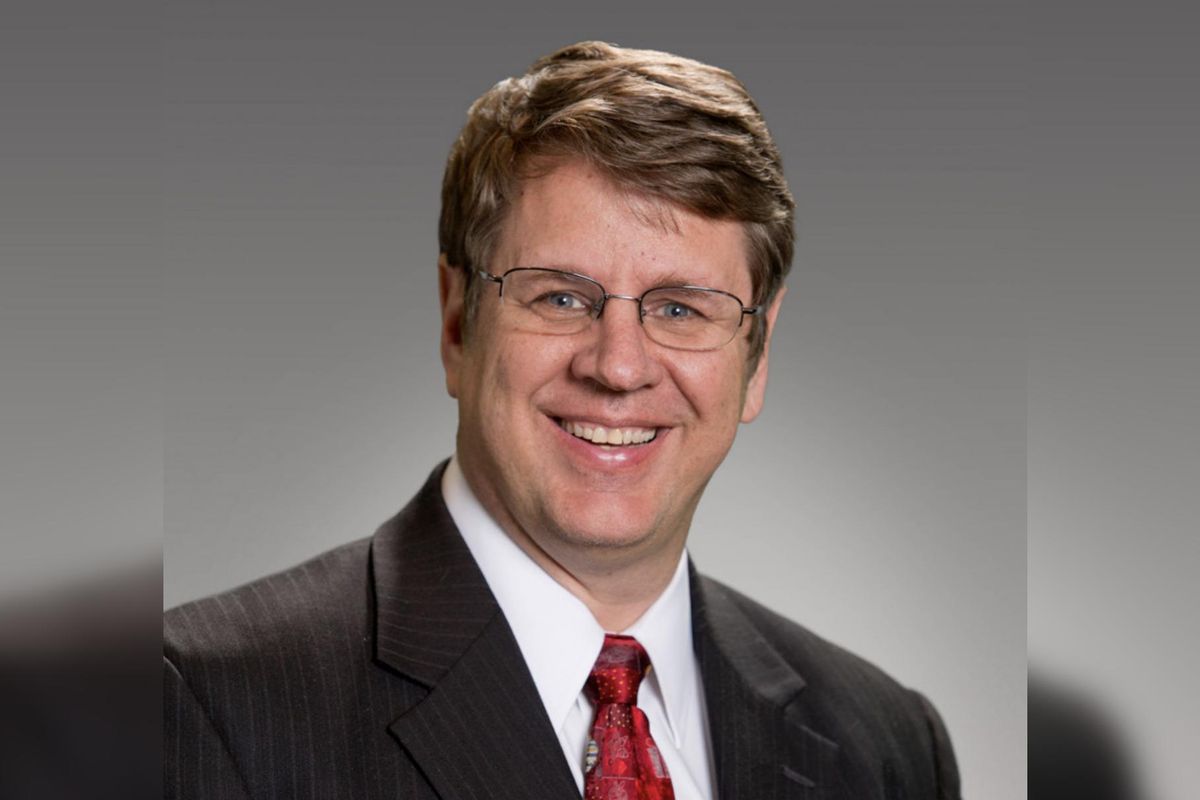United opens $32M expansion of high-tech training center, plans to hire hundreds
first-class facility
A new study highlights United Airlines’ multibillion-dollar impact on the Houston economy as the company eyes the addition of 1,800 local employees this year.
The study, done by Chicago-based consulting firm Compass Lexecon, shows United’s hub at George Bush Intercontinental Airport along with spending by foreign visitors arriving on flights operated by United and its partners contribute an estimated $5.3 billion in annual gross domestic product (GDP) in Texas.
Furthermore, the study says United’s direct employment in Houston accounts for $1.2 billion in annual economic activity, and the local hub indirectly supports 56,000 local jobs. Houston is one of United’s seven U.S. hubs.
“United continues to be a great partner and business leader in the city of Houston, connecting Houstonians to the world and investing in vital infrastructure projects that help enhance the travel experience for millions of travelers,” Houston Mayor Sylvester Turner says in a news release.
The economic impact study was released in conjunction with the opening of the $32 million expansion of United’s flight attendant training center in Houston. Highlights of the 56,000-square-foot facility include a roughly 400-seat auditorium, and a 125,000-gallon pool and mock fuselage for practicing evacuation of a plane during a water landing.
This year, the Chicago-based airline is on track to add 15,000 workers, including 4,000 flight attendants. United employs more than 11,000 people in Houston and plans to hire 1,800 more in 2023.
The airline plans to train more than 600 flight attendants per month at the enlarged Houston facility.
“The best flight attendants in the industry deserve the best, most modern training facility in the country,” United CEO Scott Kirby says in a news release. “This expansion project is yet another example of an investment we made during the depths of the pandemic that will support our employees, further improve our ability to deliver great service, and set United up for success in 2023 and beyond.”
New United flight attendants will go through a six-and-a-half-week training course at the Houston facility and then return every 18 months to stay up to date on flight qualifications.
United posted profit of $737 million last year, down 75.5 percent from the pre-pandemic year of 2019, on operating revenue of nearly $44.5 billion, up 3.9 percent from 2019.
In 2022, the airline’s investment arm, United Ventures, announced an investment of up to $37.5 million in Houston-based NEXT Renewable Fuels. The company, which produces renewable fuel for the aviation sector, is developing a biofuel refinery in Oregon.
NEXT plans to go public this year through a SPAC merger with a publicly traded shell company.



